
Inspiration for a future linguist and literature professor
192 posts
Latest Posts by linguisticinspiration - Page 3
I’m always in awe when I see languages written with other alphabets like we’re really a bunch of creative little creatures aren’t we… can’t believe some people see those signs and get meaning from them ! can’t believe some people see These signs that I’m using rn and don’t get meaning from them ! so many signs on earth and they’re SO different sometimes, our imagination is limitless
reasons for learning languages that are just as valid as speaking, travelling, getting a job or passing proficiency exams ♡
discovering new songs & creating playlists dedicated to your target languages
being able to sing along to your favourite songs
watching tv shows/movies without subtitles
you’ll have an excuse to watch cartoons again
reading books in their original form
writing your own stories
writing a diary
understanding new memes
having access to new youtube channels
learning about cultures
trying out recipes from the countries where your target language is spoken = eating more yummy food
having a hobby to keep your mind occupied
making even a little progress in your target language will make you feel good about yourself



Follow @productive-tips for more tips and content like this posted daily! Handpicked and curated with love :)

(20/03/2021) This is a spread that I did for a “followers control my spread” over my studygram. Honestly my bujo is more functional and is practically filled with to-do or weekly spreads but sometimes I do like making more ~artistic~ spreads too!!
Day 20- What are three things that inspire you?
This is a very simple but challenging question for me. I guess I’ve to say my friends, the studyblr community, and my own aspirations.
Transcript Lingthusiasm Episode 54: How linguists figure out the grammar of a language
This is a transcript for Lingthusiasm Episode 54: How linguists figure out the grammar of a language. It’s been lightly edited for readability. Listen to the episode here or wherever you get your podcasts. Links to studies mentioned and further reading can be found on the Episode 54 show notes page.
[Music]
Gretchen: Welcome to Lingthusiasm, a podcast that’s enthusiastic about linguistics! I’m Gretchen McCulloch.
Lauren: I’m Lauren Gawne. Today we’re getting enthusiastic about how grammars come into existence. But first, we are doing a liveshow in April. We will be doing a liveshow recording on the internet so that we can all be in the same place at the same time on Saturday the 24th of April, Eastern Daylight Savings Time in North America, which will be early on a Sunday morning for us here Australia.
Gretchen: That’ll be 6:00 p.m. for me on Eastern Daylight Time. We will include a link to a time zone converter so you can figure out when that is for you.
Lauren: We’ll be doing the whole show about backchanneling, which is all those ways that you –
Gretchen: Mm-hmm.
Lauren: – actively listen to someone as they’re talking. Thank you for that excellent backchanneling, Gretchen. Something I think a lot about in our era of lots of video calls and online chats.
Gretchen: You can’t see me, but I’m doing a thumbs up right now.
Lauren: Excellent backchanneling.
Gretchen: These are some kinds of backchanneling. We’re gonna be talking about lots more. I think it’s fun to do a liveshow about backchanneling because it means that you get to backchannel in the chat while the show’s going on and chat with each other. That’ll be fun. We’re running the ticketing of the show through Patreon. If you’re a patron, you’ll automatically get a link to the liveshow to join. If you’d like to become a patron, you can also do that to get access to the liveshow stream.
Lauren: Patrons also get access to our recent bonus episode on reduplication as well as 48 other bonus episodes because we have almost 50 now.
Gretchen: That’s a lot! Lots of Lingthusiasm for patrons, which helps keep the show running.
Lauren: Our liveshow is part of LingFest, while will be taking place across the last week of April, which is an online series of events about linguistics. You can find out more about LingFest at lingcomm.org/lingfest.
Gretchen: That’s “comm” with two Ms as in “communication.” Speaking of LingComm, if you’re interested in communicating linguistics to broader audiences, you can also join the LingComm conference, which is a conference for practitioners of linguistics communication such as ourselves and many other cool LingCommers to learn from each other and help produce more interesting and engaging materials for all of you.
Lauren: LingComm, the conference, is taking place online the week of April the 19th.
Gretchen: You can also go to lingcomm.org/conference to see the schedule and other details there.
Lauren: That’s “comm” with two Ms.
[Music]
Gretchen: Lauren, how many people would you say you know who have written a grammar of a language?
Lauren: Hmm, okay, well, both my PhD supervisors. I’d say half the people in the department that I current work in. I have written a grammar of a language. This is a perfectly common activity among my professional cohort. I assume it’s a thing most people do and know about, so we don’t really have to explain it for this episode at all. This is fine.
Gretchen: [Laughs] Yeah, I would say that at least several of the people that I went to grad school with – not necessarily at my university – people I knew from conferences, professors that I knew – one professor I knew had her grammar come out the same year that her baby came out, and she posted a photo of the grammar and the baby, which were about the same size, on Facebook after that happened. It was really cute.
Lauren: Grammars definitely take longer than nine months to gestate. I can definitely confirm that.
Gretchen: I have not written a grammar. So, when someone’s going about writing a grammar, what – okay, here’s a language. There isn’t a grammar written or the grammar that’s written of it is not adequate. What do I do to start?
Keep reading
I think sometimes we get so caught up in how a translation can never be a copy of the original that we forget what an amazing job many translators do every day and how a good translation can add layers and meaning to the original and I think that's beautiful
Learning a language from the same language family as your native tongue feels like reconnecting with an old cousin
Children Speaking Your Target Language
We all know that children speaking your target language is The Greatest Thing On This Earth so I decided to link some videos of children speaking different languages. Feel free to add, even if it’s another video in a language I’ve already linked!
Arabic
Chinese
Dutch
French
German
Icelandic
Italian
Japanese
Korean
Norwegian
Persian
Polish
Portuguese
Russian
Spanish
Swahili
Swedish
Xhosa
Yoruba
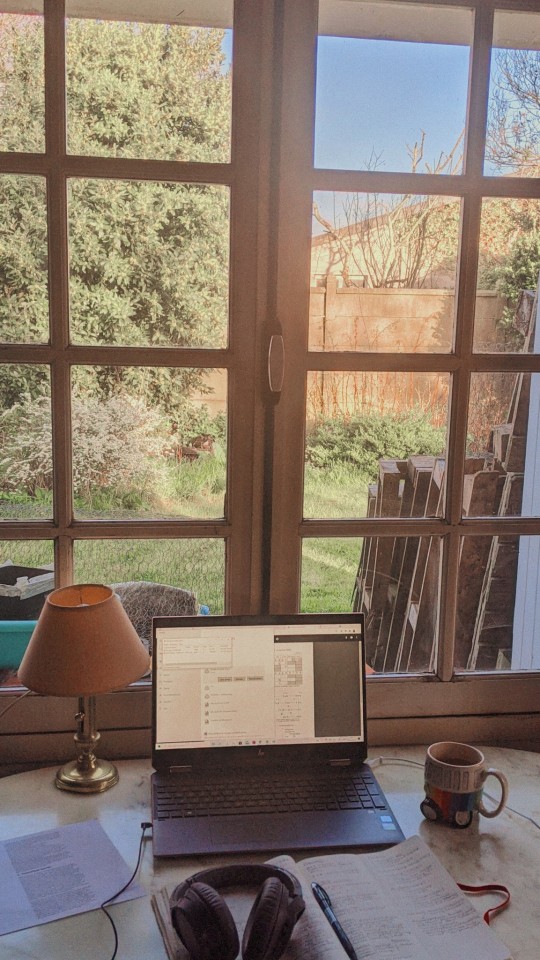

3/100 days of productivity
I am once again coming at you with a changed study location - this one is here to stay! The marble table is super cold and so I'm somewhat thankful for the fact my laptop loves to violently overheat. ✨warmth✨


Trying to decide whether or not to be excited when I start seeing a lot of overlap between my CS theory classes and my linguistics classes, specifically syntax and phonetics.
Like, I knew they go hand in hand really well (obviously, since I'm studying both) but its a whole other thing to see how they are both systematically approached in very similar ways.
Cognitive Load Theory and Language Learning
aka “Me Pretending I’m Doing My Assignment”.
Cognitive Load Theory is what I’m currently studying in educational psychology and you guys seem to like it when I talk about theories of second language acquisition so here we go.
What you first need to know is this:
Learning is essentially engraining information, concepts, and processes, in our long-term memory.
We take in new information through our sensory memory, which is processed in our working memory. Working memory is the main one to keep in mind here. What we do with information in our working memory determines whether or not it ends up in our long-term memory.

So what’s cognitive load?
Cognitive load is basically the amount of space we have in our working memory. In other words, it’s the amount of mental space, or our capacity to put in mental effort. There are three sections that make up our total cognitive load:
Intrinsic load = the effort it takes to process the inherent difficulty of the task/information.
Extraneous load = the effort it takes to process unnecessary information that doesn’t contribute to learning.
Germane load = the effort it takes to encode the new information into our long-term memory.
As teachers, even of ourselves, we want to manage intrinsic load, and reduce the amount of extraneous load as much as possible, so as to make room in our cognitive capacity for germane load - actually learning the information.

Applying this to language-learning.
Have conversations with yourself in your TL: This is known as the “Imagination and Self Explanation Effect”, and has shown to increase the construction of schemas (commitment of information to long-term memory). Talk to yourself. Explain new concepts to yourself. Pretend you’re in your target language country and you need to ask a stranger how to get to the train station.
Avoid using too many new resources at once: We all know that just using Duolingo isn’t going to teach you a language. With that being said, it’s important to not use too many resources either, particularly in the beginner stages when intrinsic load is high. If you’re using three textbooks, extraneous load will increase because you’re constantly having to adjust to the new textbook’s different colour scheme, different font, different flow and presentation of information. You’ll have less room left for the all-important germane load. Try to stick to one textbook.
Make sure input is comprehensive: This is a favourite of mine. If I’m a beginner in a language, watching a TV show for adults will hardly contribute to my learning at all. All my working memory capacity will be consumed by intrinsic load, because the task is far too difficult, and this will leave no room for germane load. Making input more comprehensive can mean choosing texts that are written for a younger audience, and/or texts with which you are already familiar (because understanding plot, character relationships, etc. also uses load).
Learn languages that are similar to each other: The disadvantage of learning similar languages is getting them mixed up. However, the advantage of learning a language similar to one that we already know, is that we have already constructed schemas in our long-term memory, which can be retrieved (see first diagram) when processing information from the new language in our working memory. Again, this reduces cognitive overload, and we can learn faster.
Get a teacher: I know many of you won’t want to hear this, but self-studying overwhelms cognitive load to a massive degree. When you are having to find your own resources, understand and explain concepts to yourself, etc. this all requires load, and this can all be removed with a teacher, freeing up more space for germane load. In other words, you’re expending a lot of your limited capacity for mental effort on all these unnecessary things when you could be using that effort on actually learning the content. Indeed, the main takeaway from this theory is that explicit teaching works best.
Stop translating: I see a lot of posts where people write out a sentence or paragraph translated into several of their target languages, The actual effort of translating, as opposed to thinking in your TL, uses load.
learning languages because i need to understand and be friends with every person on earth <3








Arrival (2016) dir. Denis Villeneuve




Arrival (2016) dir. Denis Villeneuve






So, Hannah…this is where your story begins. The day they departed. Despite knowing the journey and where it leads, I embrace it. And I welcome every moment of it
Arrival (2016) dir. Denis Villeneuve
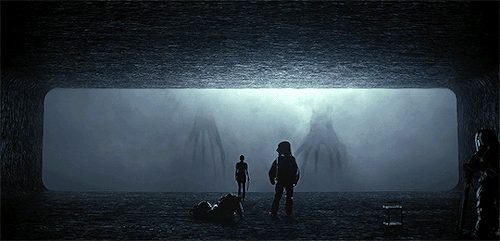


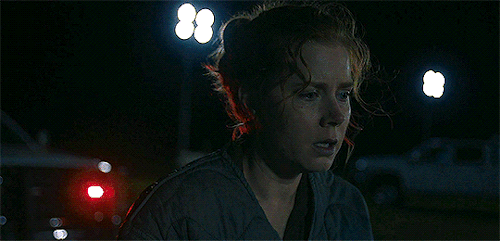



We’re so bounded by time, by its order. But now I am not so sure I believe in beginnings and endings.
ARRIVAL 2016 – Denis Villeneuve
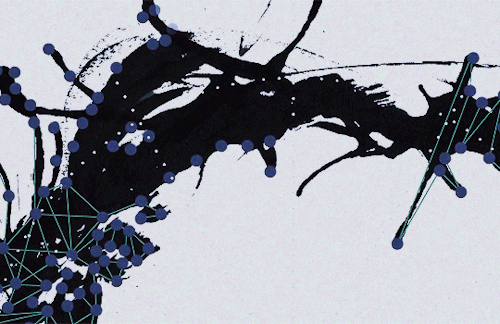
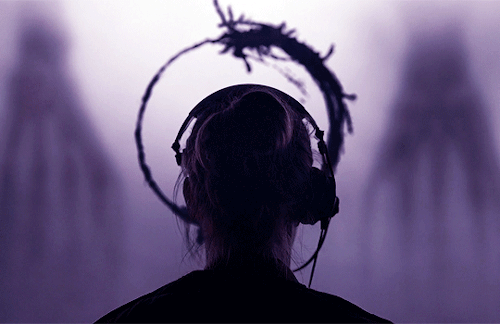
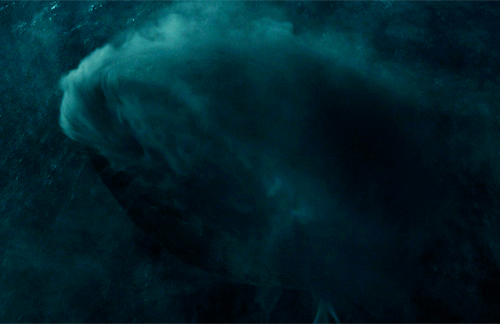

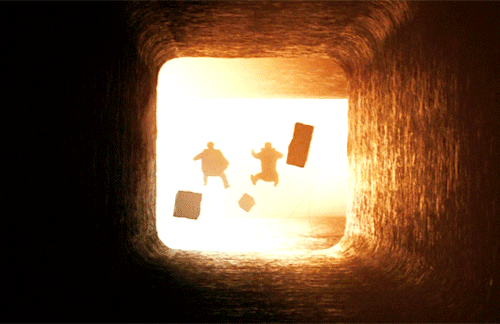
But now I’m not so sure I believe in beginnings and endings. There are days that define your story beyond your life. Like the day they arrived.
Arrival (2016) dir. Denis Villeneuve


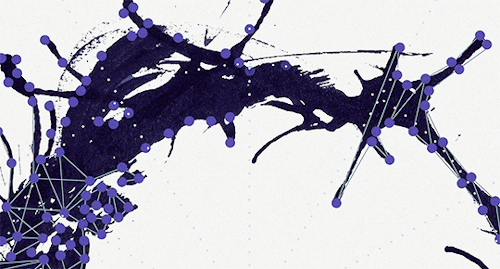



So, Hannah, this is where your story begins. The day they departed. Despite knowing the journey and where it leads, I embrace it. And I welcome every moment of it.
Arrival (2016) dir. Denis Villeneuve









Memory is a strange thing. It doesn’t work like I thought it did. We are so bound by time, by its order.
Arrival (2016) dir. Denis Villeneuve





Language is the foundation of civilization. It is the glue that holds a people together. It is the first weapon drawn in a conflict.
Arrival (2016) dir. Dennis Villeneuve



Arrival (2016) dir. Denis Villeneuve




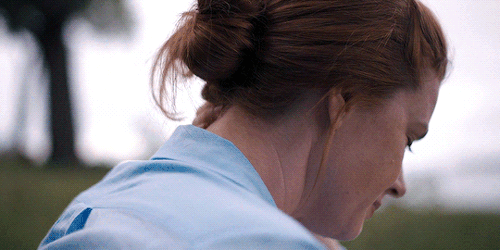
Memory is a strange thing.
Arrival (2016) dir. Denis Villeneuve

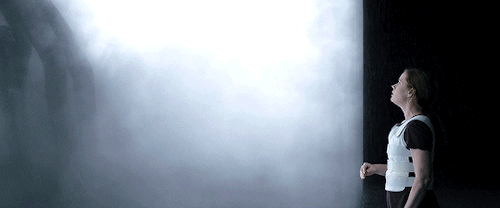
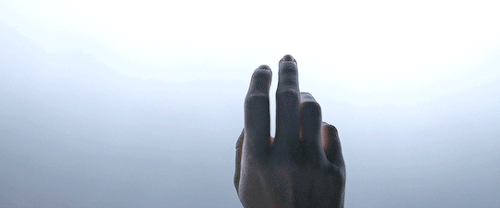

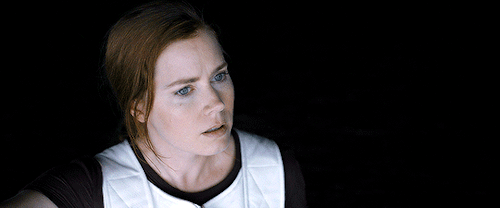

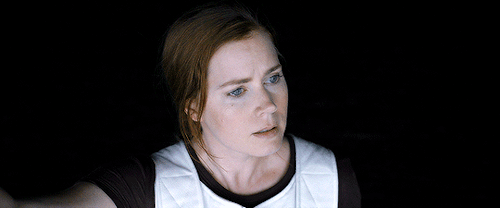

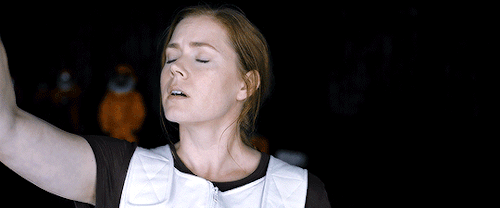
Now that’s a proper introduction.
ARRIVAL 2016 | dir. Denis Villeneuve



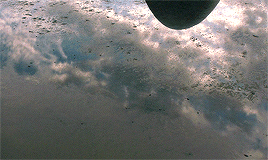

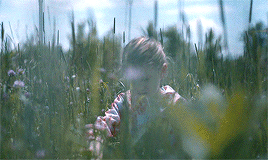


ARRIVAL 2016, dir. Denis Villeneuve








Arrival (2016) dir. Denis Villeneuve









ARRIVAL (2016) DIR DENIS VILLENEUVE
“Language is the foundation of civilization. It is the glue that holds a people together. It is the first weapon drawn in a conflict.”







Amy Adams as Dr Louise Banks in Arrival (2016), dir. Denis Villeneuve














“Despite knowing the journey and where it leads, I embrace it and I welcome every moment of it.”
Arrival (2016)
dir. Denis Villeneuve